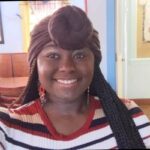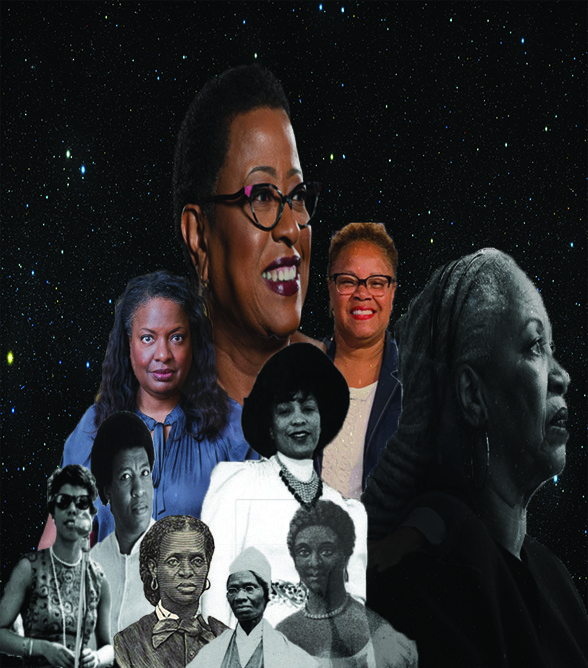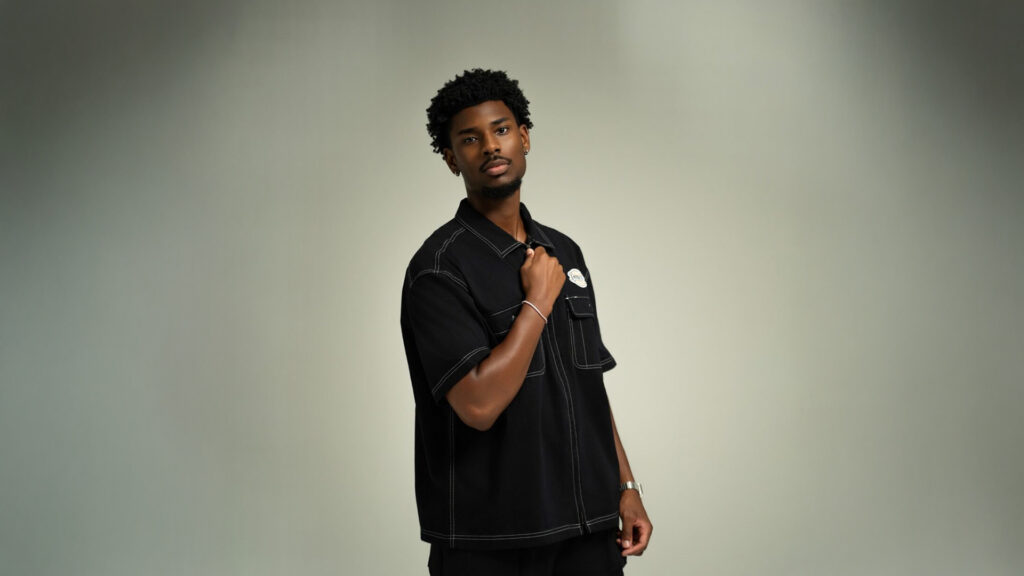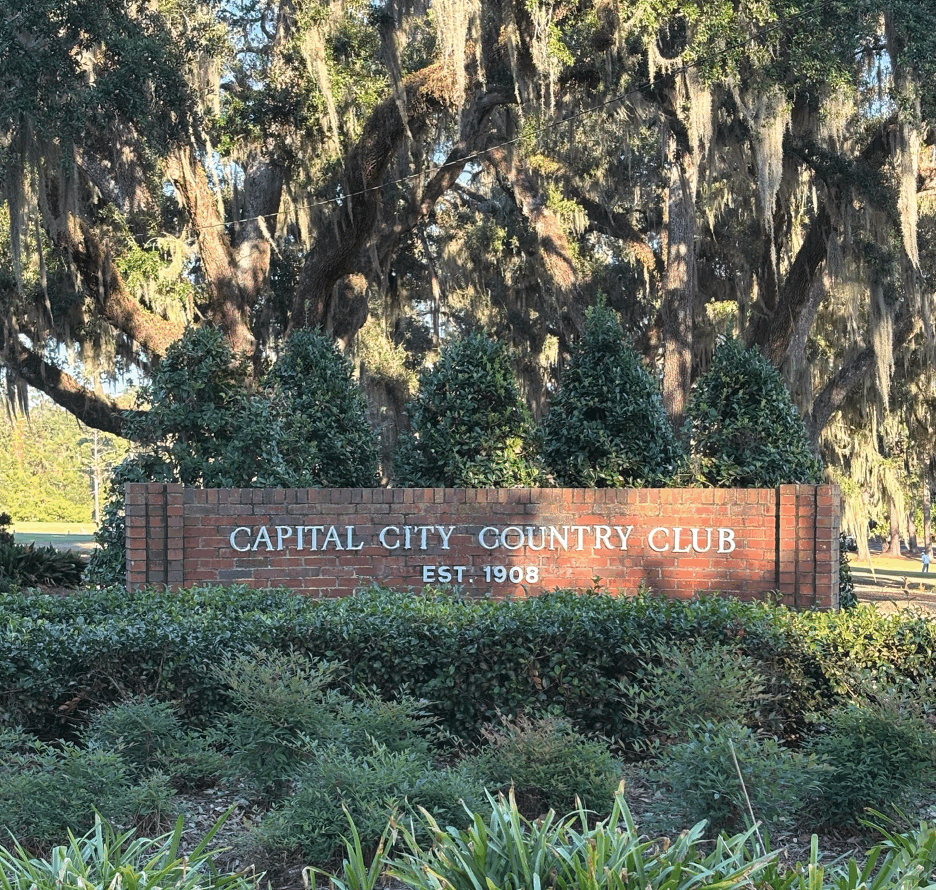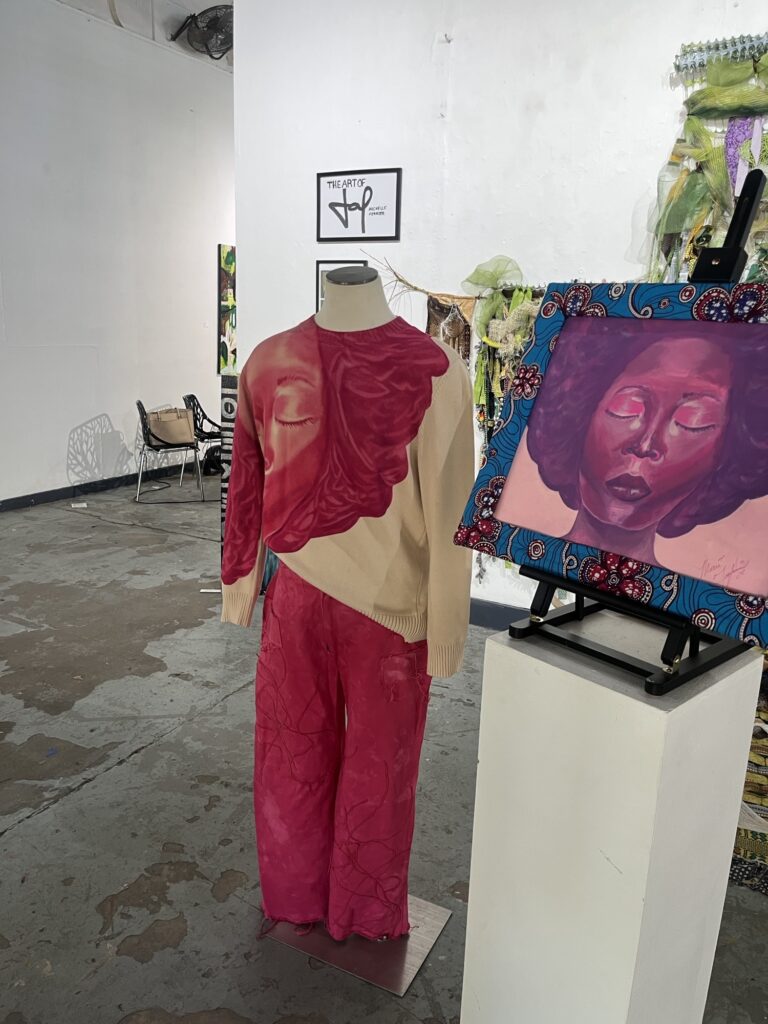Women’s History Month is a month-long celebration for women across the world. It highlights women who have trailblazed many career fields and continue becoming notable pioneers in breaking racial and gender barriers. The art of storytelling has been around for centuries. Still, with the involvement of women in the world of oral and written Literature, life is different. Black women are pioneers in storytelling, adding a spark of electrifying emotions to storytelling.
From memoirs, autobiographies, fantasy novels, thrillers, and old midwife tales passed down through generations, Black women have become a major driving force behind the world of storytelling.
African American women specifically gained recognition among many. Still, not enough of society views them as prolific storytellers and artists of yesteryear and today. The essence of black women and the art of storytelling go hand in hand, as magic is made from words woven to convey a message, touch a soul, or provide much-needed laughter.
A Strong Tradition
The origins of storytelling date back centuries within several countries, but African American storytelling has significant roots, showcasing the importance of many themes of everyday life. When Africans were brought to the new world by way of the middle passage, the life they once knew was stripped away from them, along with their former identities. All that remained were memories that would eventually be transformed into colorfully elaborative tales of the motherland.
Stories featured tales of love, life lessons, suitable versus evil, spirituality, and other concrete life staples. Black women have provided comfort, nostalgia, and influential influence through elaborate stories that capture the importance of being imaginative and a healthy inner well-being.
Late Florida native and author Zora Neale Hurston wrote about tales of slavery, black religion, spirituality, and love from the perspective of a woman who experienced it several times in her life in her famous book “Their Eyes Were Watching God.”
Versatile Talent
Through music, film, art, and fashion, Black women attract an audience and convey breathtaking messages. Most people are familiar with someone in their family telling them stories, either folklore from several different cultures or their lineage. Typically, ones in association with Santa Claus, the Tooth Fairy, and the Easter Bunny are tales many people in North America grow up hearing. However, there is a distinct difference among the tales told from the mouths of a Black woman. Stories of triumph embellished with struggles of poverty, racism, and dark hallows can be found in the stories of Black women.
Although the subject matters are heavy, a glimmer of hope and victory is never too far within these tales. Storytelling is a way to connect generations from one to another, sharing essential aspects of ancestral knowledge. Some of the first known sources of storytelling are traced back to the village of Griot in West Africa. By the 1850s, Black women began becoming published authors. Still, storytelling by the account of Black women dates back even further with figures such as Hannah Bond and Phyllis Wheatley.
Crafts was born into slavery but would later escape to the North, creating a new life for herself and eventually writing “The Bondwoman’s Narrative” under Hannah Bond. Wheatley was a poet who wrote about various topics, from everyday life during specific time frames to biblical themes. Historical figure Sojourner Truth publicly spoke about slavery, women’s rights, and abolishing slavery. Her words were powerful as they captivated audiences of a melting pot.
Learning the Importance of Black Women in Literature
The art of storytelling has grown throughout the decades, and many more black women have joined in. Whether through oral tradition, written stories, poetry, or music, the legacy of black women in storytelling continues. There are many options to indulge in the rich history of black women in storytelling, from books to podcasts, blogs, and vlogs.
The options are endless, and it is excellent that diverse areas are being discussed and written about. It invites other black women to view life from all angles and prepare themselves for the different tasks of life’s journey.
However, a small caveat that bothers many readers and explorers alike is that sometimes there are either what seems to be generic options of material or not enough material to stretch into different genres. It is naturally assumed that many Black readers are all into the same genre, such as urban fiction books that read like fantasy, drama-filled Wattpad books.
True enough, every pot has a lid and an audience for every book genre. Still, there’s a stigma surrounding this belief that the everyday lives of Black women shadow and mimic the tales being described in books, which is not always true. A reader can only hope to one day be able to pick up a comic book created by a Black author one day or more detailed books in the horror genre, folklore, and more created by women who look like them.
There’s something special about a Black woman being able to formulate a story and share it with the world during a time when we are often expected to remain silent. Reading holds many benefits and can open the door to great discoveries, especially if the story is told by someone whose outlook on life is as refreshing and beautiful as that of a Black woman.
According to a study, African Americans read crime and thriller the most, followed by adventure, romance, horror, and fantasy. (Link: Genres read on a regular basis in the US by ethnicity 2017 | Statista ) Most people probably read via the internet through gossip blogs or social media, but reading a book provides excellent benefits such as reducing stress, vocabulary expansion, better memory, and promoting better sleeping habits. It can help with improving mental health, just to name a few. So, when you pick up your next book, what will the genre be? Will the author be an esteemed Black woman? We hope so!
